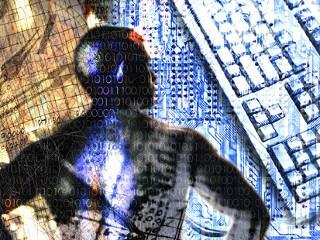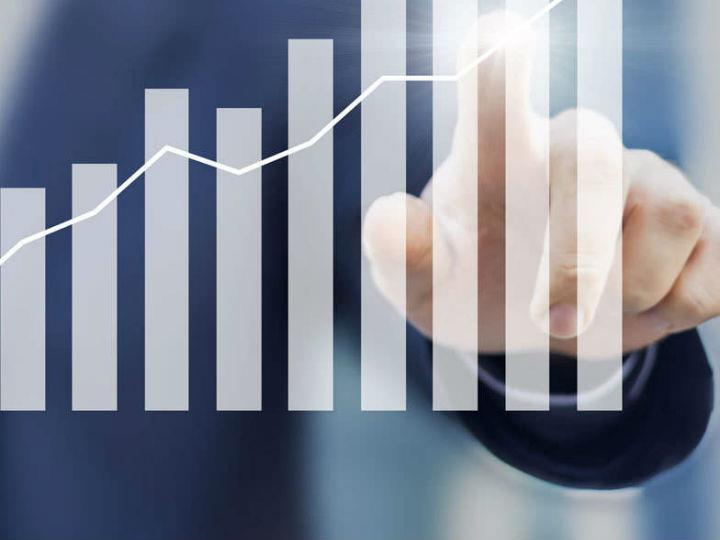She welcomes a recent Commission communication on developing its use and promoting its expansion but asks for privacy issues to be taken into consideration.
What exactly is the Internet of Things?
It is a new application of Internet technology. In the next 10-15 years, it is predicted that the Internet of Things will enter our daily lives. It uses RFID (radio frequency identification) technology to receive and transmit information wirelessly. It works with a tiny chip, which has the capacity to store a lot of information about the object or the person on which it has been placed.
In the agri-food sector for example, RFID allows better and faster product traceability, and provides information about content: chemical characteristics, gluten levels,... everything. Similar applications are already in use, for example, a chip that can convey real-time information about tyre pressure to a driver.
This new technology will revolutionise and widen person-to-thing and thing-to-thing interaction. The innovation lies in the thing-to-thing relationship. The most commonly cited practical example of this is that of fridges which, if suitably programmed, will be able to detect any product past, or approaching, its use-by date.
Will it really benefit European consumers and businesses? No hidden traps?
This marvellous application will give us innumerable opportunities to create new businesses, to fight against climate change or to improve our energy and transport management...But it can have an impact on fundamental rights. Companies and people using these chips will have access to information about people's private lives. We have to pay a lot of attention to this point.
Before all these new applications arrive, we should work out how to protect people's rights. The Commission is right that we need to find a balance. If we want this technology to be successful, citizens must be able to rely on it. We have to put it in the right hands. As we live in an open world, I think that we should raise this subject at a transatlantic level.
What about economic benefits, the environment, health?
The technology will improve the energy efficiency of transport and reduce pollution. For example, this technology enables you to avoid traffic jams by changing the city traffic lights when there are too many cars in the same lane. As the green economy is closely related to new technologies, we can also use the current crisis to move forward in other sectors: research and development. As for health benefits: I have a friend who suffered from a heart attack. So a chip was put in his body, connecting him to a Spanish hospital. Now, doctors are aware of any change in his body. This way, they control the symptoms and can prevent diseases. But we have not yet studied the impact of radio waves on health.
The Internet of Things
Will your fridge be able to detect any product past its use-by date and inform you about it in the near future? The Internet should not only connect the more than 1.5 billion people who use it, but also people to things and things-to-things, according to Spanish Socialist MEP Maria Badia i Cutchet.

This new technology will revolutionise and widen person-to-thing and thing-to-thing interaction. The innovation lies in the thing-to-thing relationship. The most commonly cited practical example of this is that of fridges which, if suitably programmed, will be able to detect any product past, or approaching, its use-by date.



 By: N. Peter Kramer
By: N. Peter Kramer
